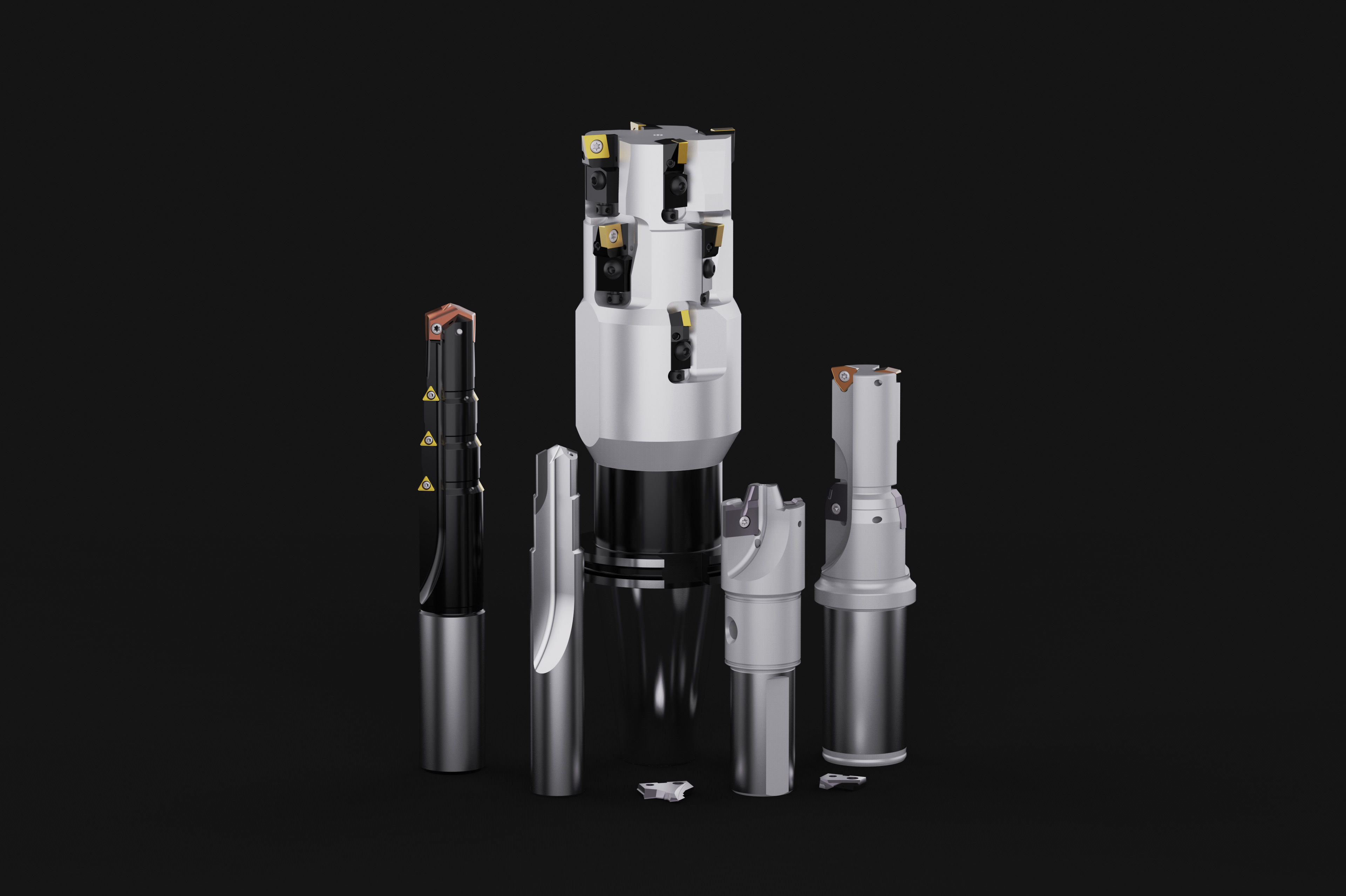5 Benefits of Having a Manageable Backlog
Shops must effectively deal with workloads and not let the backlog grow too large in order to keep customers satisfied.
Having a large backlog as a machine shop makes many owners and employees content. I believe that, although this may give you comfort, it is actually undermining your business. If a backlog is not controlled, it could lead to your shop having unsatisfied customers. I believe that working towards zero backlog — or a manageable backlog — by effectively dealing with the workload and not letting the backlog get too big, is what modern machine shops should be doing today.
Having a large backlog can cause some real problems, including:
Featured Content
- Constantly running late on deliveries. I have seen late deliveries tracked; it is a metric for customer satisfaction. Late deliveries or delivery times that do not meet the customer’s expectations are not good. Customers will get frustrated and upset, and they may begin to look for alternative places to take their business.
- Poor scheduling. Oftentimes, in the case of large backlogs, when a piece of equipment finishes a job, the next job has to be scheduled late. This job may not be ideal for the equipment, but since the job is late, the shop schedules it anyway. This leads to jobs not running efficiently and reduces profitability.
- Running overtime to meet deliveries. This adds extra costs and reduces profitability.
- Not being able to take advantage of potential jobs or new customers. These jobs could be very profitable, because customers are needing fast deliveries and are willing to pay, but the work can’t be taken on because the shop is too busy with the backlog.
- Havoc when there is a quality problem. If a shop has to redo or fix parts that are wrong, jobs will be delivered even later. This causes scheduling to become a nightmare.
Many will say that this is how things have always been, and I agree that many shops who work under this large backlog system do not know what else is possible and will be uncomfortable with alternatives.
I believe that working to a zero backlog — or a more manageable one — is the best way to run a business. This does not mean zero potential work. Working to reduce your backlog is something that will help your company achieve a win-win situation for both your shop and your customers.
Some of the benefits of having a manageable backlog are:
- Better scheduling. Selecting the best piece of equipment for the next job and minimizing setup times leads to jobs being processed faster and more efficiently.
- More on-time deliveries. This makes customers happier. A customer that is under pressure to deliver faster will go to vendor that can provide the best deliveries. This means that customers will reward shops that can deliver on time with more work.
- Being able to take advantage of opportunities with new parts or customers since the shop is on top of its deliveries. This leads to possible expansion and growth.
- Making parts ahead to meet customer deliveries. Taking advantage of the idle time afforded by being in control of backlogs makes shops more productive and profitable.
- Dealing with quality problems without making other jobs late.
Machine shop customers, like modern shoppers, have a “need now” mentality. When they need something, they go to the store to buy it. If the store does not have it, they will try other stores or sources. This is different from the ways of old, when people were willing to wait. Waiting is not what customers want or need today, and it is surprising what they will do to get what they want, when they want it.
Machine shop customers are constantly working under pressure from their own customers. This is the new consumer reality, and having a large backlog does not enable shops to meet this new “need now” reality.
It is unlikely that working to a zero backlog is going to make shops feel comfortable; rather, having a smaller backlog will probably make shops and their employees feel nervous or apprehensive. Strong leaders within organizations will have to make sure their employees understand the new reality, and they will have to explain the necessity of being ready to meet the customer’s needs to their employees.
Customers reward vendors when they are meeting their needs. Working with a zero-backlog mentality meets those needs and could ultimately increase the backlog. Shops that are more in control of the backlog will be more efficient, and, therefore, more profitable.
RELATED CONTENT
-
Metalworking Activity Remained on a Path of Contraction
Steady contraction of production, new orders and backlog drove accelerated contraction in November.
-
Most Metalworking GBI Components Contracted in May
Four components contracted slightly more than in April, including production, new orders, exports and backlogs.
-
Becoming a More Efficient Shop With the Right Processes and Software
After refining its machining processes for more efficient production, this shop still needed a better way to track its data. Here's how it found a software solution.

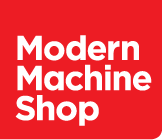
.jpg;width=70;height=70;mode=crop)





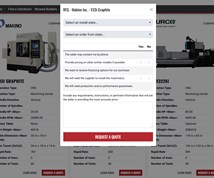


.1692800306885.png)
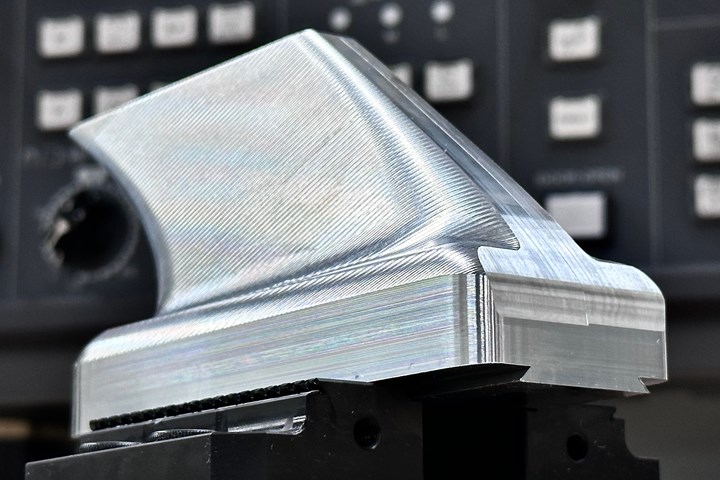
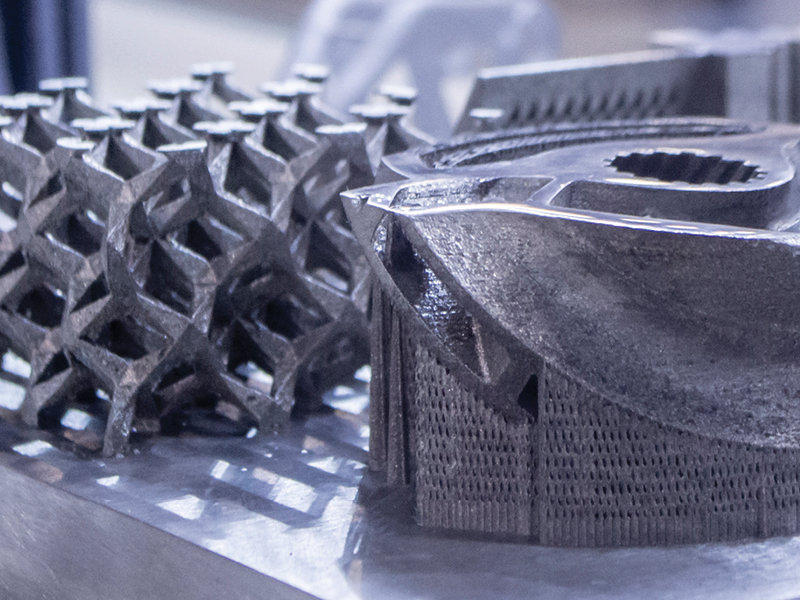
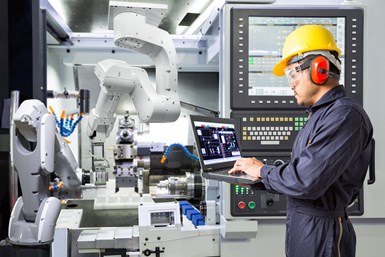

.1687801407690.png)
